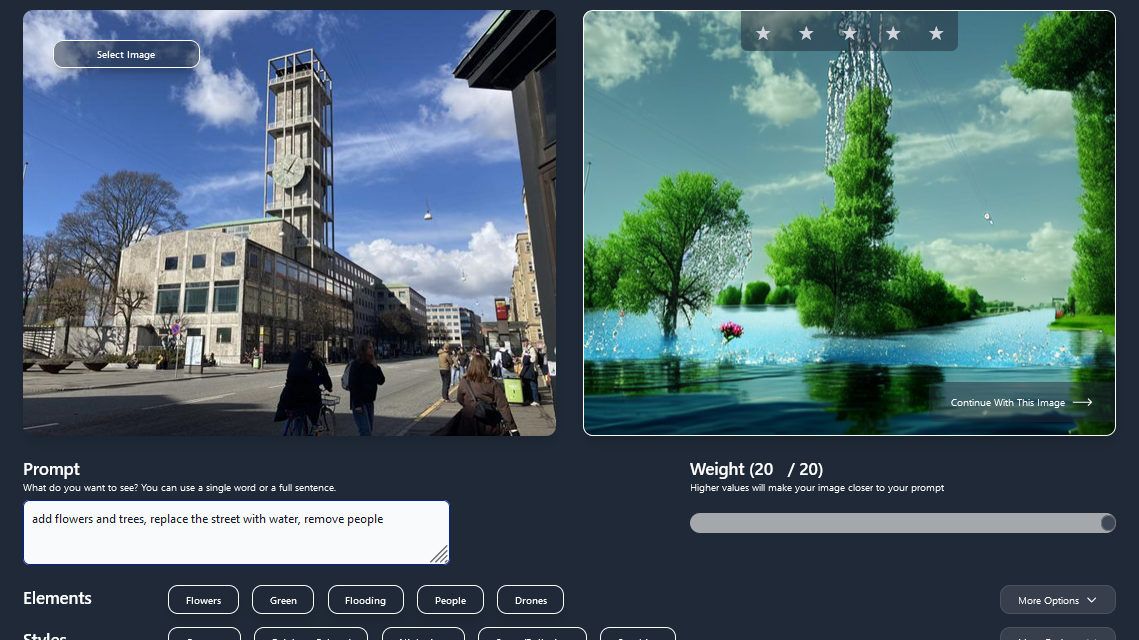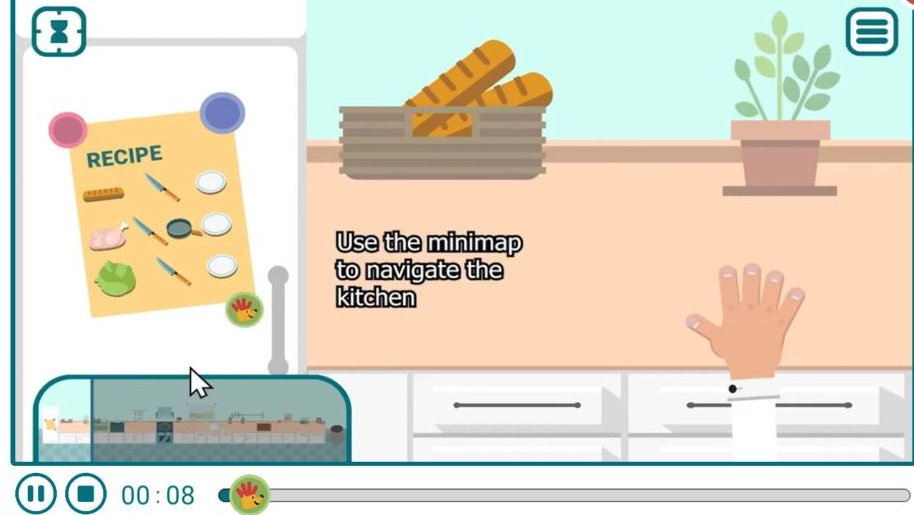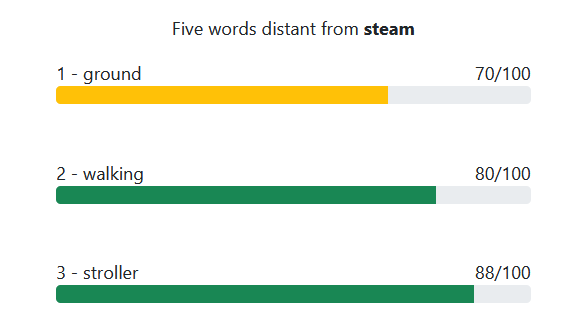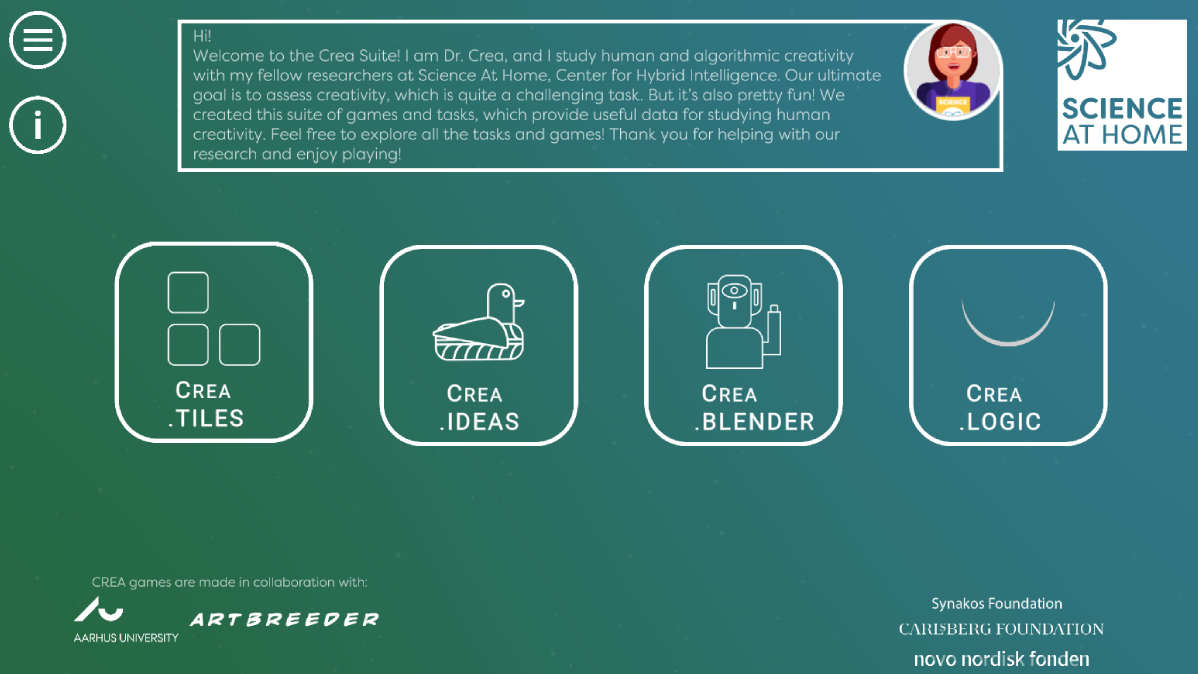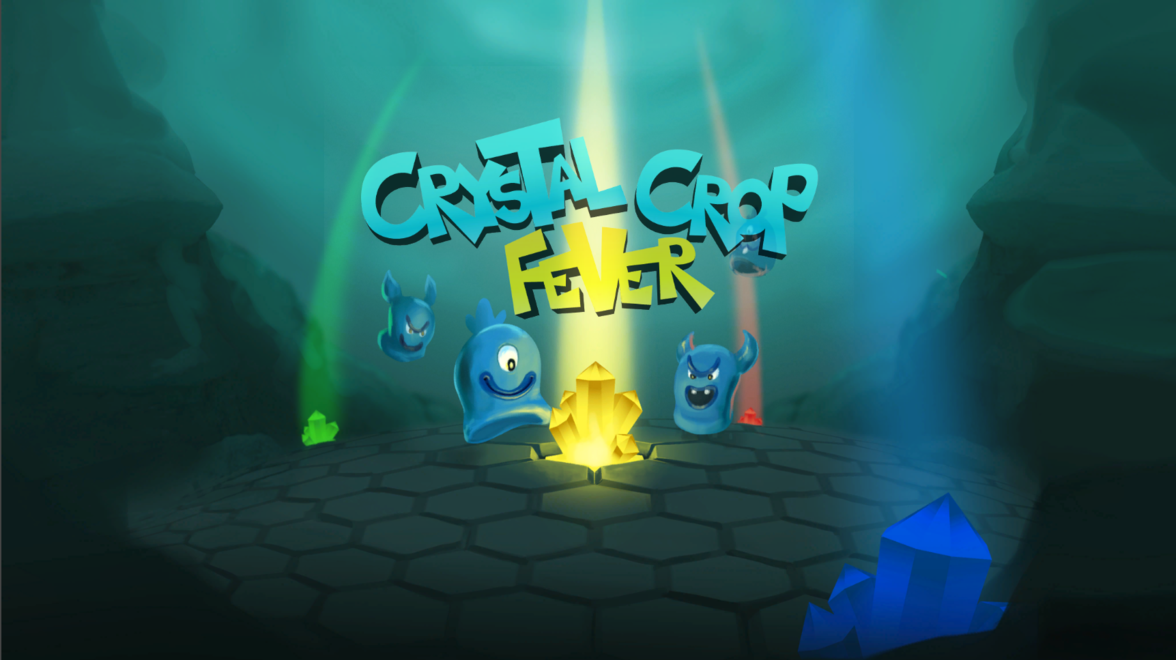Creativity and Cognition Lab
Our Creativity and Cognition Lab is using advanced technology to understand and enhance human skills and competences.
At its core, Hybrid Intelligence is about combining strengths and weaknesses of humans and algorithms in meaningful, complementary ways. To create hybrid intelligent systems, it is important to build new, powerful and innovative algorithms, but also to understand human skills and competencies more deeply. This is to make sure that the hybrid intelligent systems we build are able to augment humans in a meaningful way.

